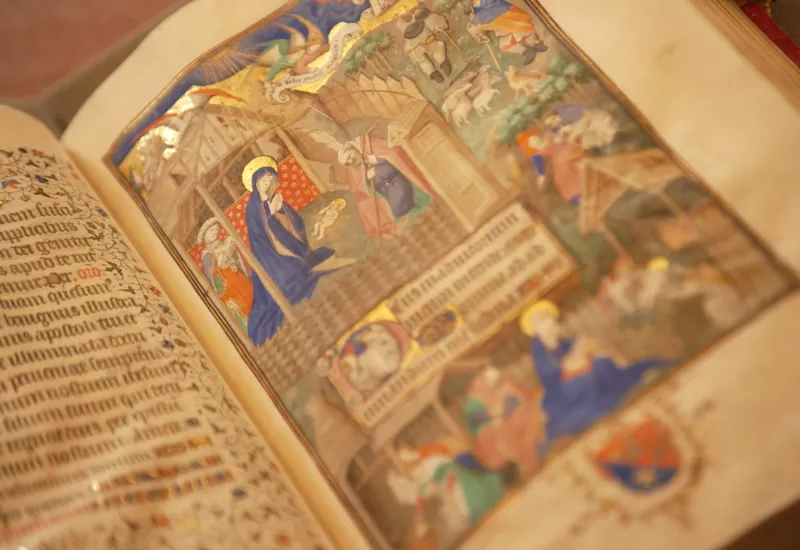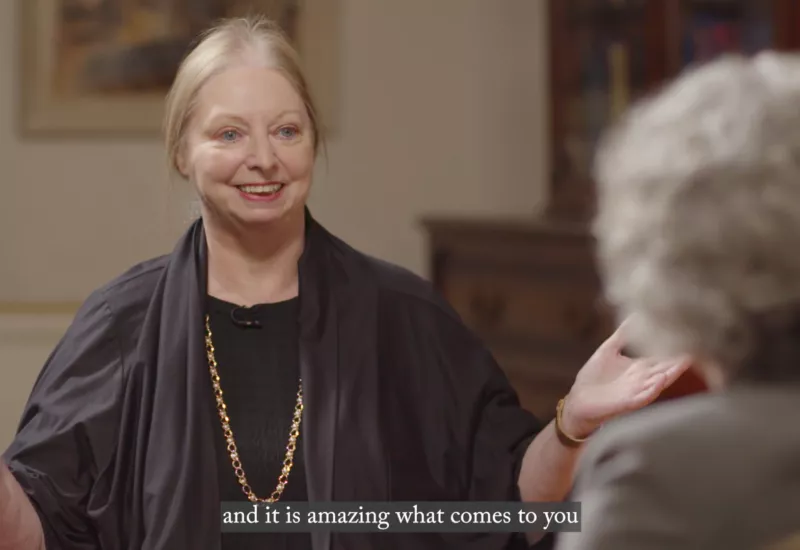The SOE (Special Operations Executive) was a British organisation established during World War II to conduct espionage, sabotage, and reconnaissance in occupied Europe. The organisation recruited mainly men and a few brave and intrepid women as agents, many of whom were highly effective in their missions.
Let’s take a closer look at the lives of these extraordinary women – the female spies of the SOE:
Odette Sansom
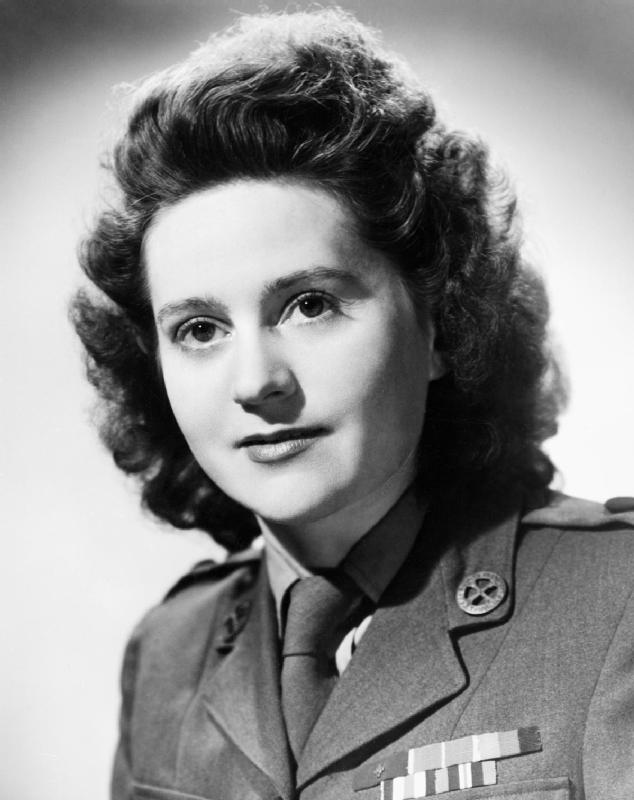
Odette Sansom, also known as Odette Hallowes, was one of the most notable spies of the SOE. She was born on April 28, 1912 in Amiens, France, to an English father and French mother and in 1931, she moved to England and worked as a bilingual secretary.
Odette joined the SOE in 1942. She was trained in wireless telegraphy and parachuting and was sent to France in April 1943 as a radio operator. Throughout the war, Odette worked as a courier for the French Resistance and was instrumental in establishing a network of agents in the southeast of France. However, in June 1943, her luck ran out. She was betrayed and later arrested by the Gestapo. Odette was imprisoned and tortured for several months, but steadfastly refused to reveal any information to her captors. Her loyalty to her friends and compatriots could not be swayed.
After five months in captivity, Odette was sent to Ravensbrück concentration camp, where she endured further torture and interrogations. Despite this, she continued to resist and provide hope and encouragement to her fellow prisoners.
Odette was eventually liberated in April 1945 by the Allied forces. She was awarded the George Cross, Britain’s highest award for gallantry not in the face of the enemy, for her bravery and resilience during her captivity. After the war, Odette settled in England and wrote her autobiography, The White Mouse. She passed away on March 13, 1995, in Walton-on-Thames, Surrey, England.
Violette Szabo
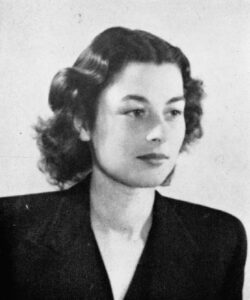 Violette Szabo was born in Paris in 1921 to a French mother and English father, and grew up in London. During the war, Szabo joined the Women’s Auxiliary Air Force and was later recruited by the Special Operations Executive (SOE) due to her multilingual talents and a desire to serve her country.
Violette Szabo was born in Paris in 1921 to a French mother and English father, and grew up in London. During the war, Szabo joined the Women’s Auxiliary Air Force and was later recruited by the Special Operations Executive (SOE) due to her multilingual talents and a desire to serve her country.
In 1944, Violette embarked on her first big mission. She was sent to France where she worked with the French Resistance to gather intelligence and help prepare for the Allied invasion of Normandy. Unfortunately, in June of that year, Szabo was captured by the Germans and taken to a concentration camp, where she was interrogated and tortured for information about her colleagues in the SOE. Bravely, she refused to reveal any information about her activities or the Resistance network she was working with. She was eventually executed at Ravensbrück concentration camp in Germany in 1945.
After the war, Szabo was posthumously awarded the George Cross for her bravery and heroism. She was also awarded the Croix de Guerre and the Médaille de la Résistance by the French government. In addition, her life was the subject of a biographical book and a film, both titled Carve Her Name with Pride.
Noor Inayat Khan
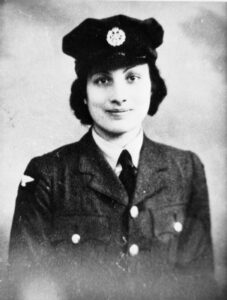 Noor Inayat Khan was another dual nationality British agent with a knack for languages and a determination to fight for freedom. She was born in Moscow in 1914 to an Indian father and American mother, and spent much of her early life in France and England.
Noor Inayat Khan was another dual nationality British agent with a knack for languages and a determination to fight for freedom. She was born in Moscow in 1914 to an Indian father and American mother, and spent much of her early life in France and England.
During the war, Khan joined the Women’s Auxiliary Air Force and was later recruited by the Special Operations Executive (SOE), who kept their eyes on members of the forces who they thought might suit their needs. After recruitment and training, Noor Inayat Khan was sent to France in 1943, where she worked as a wireless operator for the French Resistance.
Khan’s job was extremely dangerous, as wireless operators were at particular risk of being identified and subsequently captured by the Germans, who could use their equipment to track down other Resistance members. Despite this, Khan continued to transmit messages and help coordinate Resistance activities. Eventually Khan was betrayed. She was captured by the Germans in 1943 and taken to a series of prisons and concentration camps.
Khan was subjected to relentless interrogation and torture by the Germans, but like her colleagues, she refused to reveal any information about her activities or her fellow Resistance members. She was eventually executed at Dachau concentration camp in Germany in 1944, at the age of 30.
After the war, Khan was posthumously awarded the George Cross for her bravery and heroism. She was also awarded the Croix de Guerre and the Médaille de la Résistance by the French government. In addition, her life has been the subject of several books and films, including the 2018 film A Call to Spy.
Krystyna Skarbek
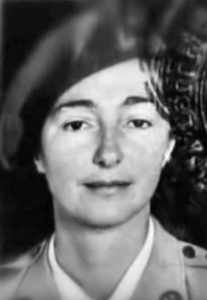 Krystyna Skarbek (also known as Christine Granville) was a Polish-British agent. Born in Poland in 1908, Skarbek grew up in Warsaw. As war broke out in Europe, Skarbek was determined to help the war effort and so made her way to London, where she approached the SEO and actively volunteered her services. Her generosity was seized upon, and Krystyna was trained and coached before being sent to Poland in 1941, where she worked as a courier who helped to organize and support the Polish resistance. Crucially, she also helped to establish networks to assist Jewish refugees and prisoners of war.
Krystyna Skarbek (also known as Christine Granville) was a Polish-British agent. Born in Poland in 1908, Skarbek grew up in Warsaw. As war broke out in Europe, Skarbek was determined to help the war effort and so made her way to London, where she approached the SEO and actively volunteered her services. Her generosity was seized upon, and Krystyna was trained and coached before being sent to Poland in 1941, where she worked as a courier who helped to organize and support the Polish resistance. Crucially, she also helped to establish networks to assist Jewish refugees and prisoners of war.
Skarbek’s work with the SOE was always on a knife edge; she was arrested and interrogated by the Gestapo several times. Eventually the Germans caught up with her in 1944 and she faced imprisonment in numerous concentration camps. Incredibly, due to cunning and bravery, Skarbek managed to escape from one of these camps and made her way back to London.
After the war, Skarbek returned to Poland to try to help rebuild the country that had been so ravaged by the war. Once there, much to her dismay, she found that her activities with the SOE had made her a target of the new communist government, and she was forced to flee the country once again.
Krystyna Skarbek eventually settled in London, where she remained at peace until she was tragically murdered by an ex-lover in 1952. Skarbek was posthumously awarded the George Cross, the Order of the British Empire and the Croix de Guerre by the French government. Several books have been written about her extraordinary life, including The Spy Who Loved by Clare Mulley.
